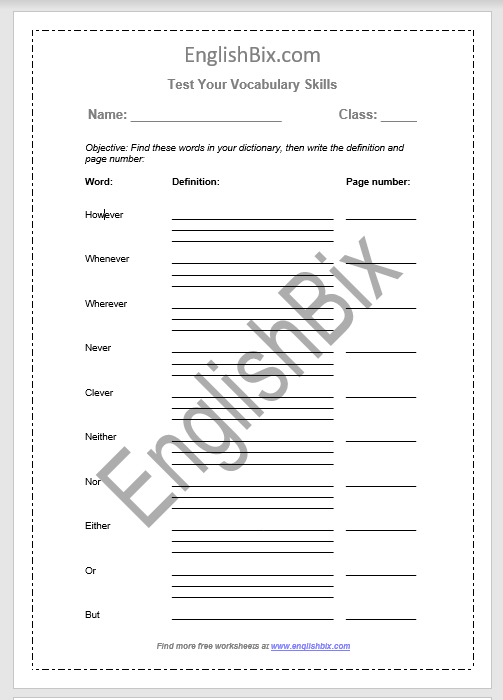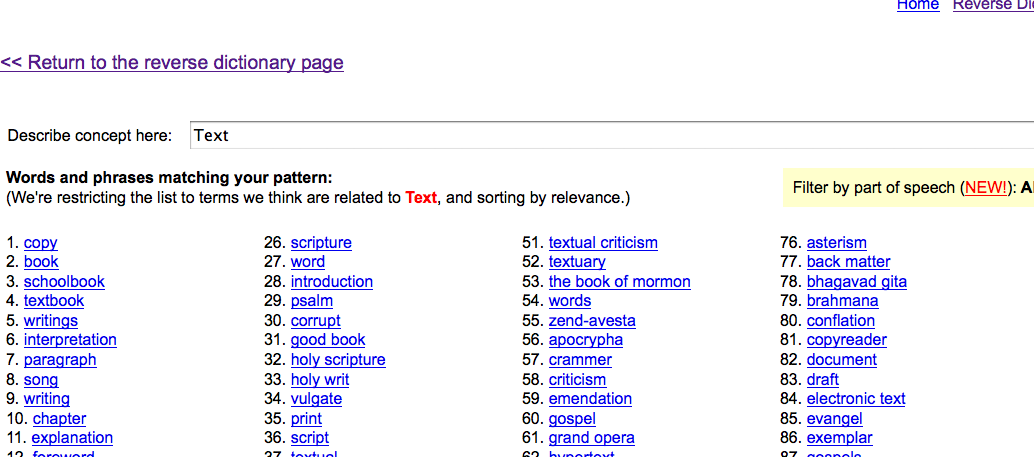

The translator is greatly concerned about the adequate reproduction of this part of the word semantics since it has an impact upon the whole text. The contextual modification may extend to the connotative meaning of the word.

COMPARE TEXT TO ALL WORDS IN DICTIONARY PROFESSIONAL
The ability to render the contextual meanings is an essential element of the translator's professional skill. But obviously history has dealt with Hitler as severely as he deserved and the translator will opt for a stronger occasional equivalent like «покончить». In the following sentence: "History has dealt with Hitler history will deal with all would-be Hitlers", the translator has to do with the verb "to deal" used in the sentence in the meaning which is usually rendered into Russian as «обходиться» or «поступать». The context may modify the meaning of a word to such an extent that its regular equivalents will not fit TT. It is clear that the Russian names of documents or events cannot be foreseen and the translator has to find the appropriate occasional equivalent in each particular context. Someone" and can refer to any document or any events, past or present. For example, the English noun "record" is defined as "something that records" or "the recorded facts about something or No less important is the role of the context in translating the words with a wide range of reference whose equivalents are too numerous to be listed in any dictionary. But he has also to find additional information in the context which will allow him to choose an equivalent to "issue" among such Russian words as «выпуск, издание, номер» or to compare the use of the Russian «отдел, колонка, столбец» as equivalents to "column". The context enables the translator to understand that the "issue" refers here to a publication, the "paper" is a newspaper and the "column" is a department in that newspaper.
COMPARE TEXT TO ALL WORDS IN DICTIONARY TRIAL
Suppose he is to translate the following English sentence 'This issue of the paper devoted about half of its twenty news columns to the trial of a murderer". In other words, the role of the context is even greater for the translator than for an ordinary SL receptor. In such cases after the translator has ascertained what meaning the word has in the original text he still has to choose one of the regular equivalents which fits the context best of all. Variable equivalents can be found not only to the polysemantic words but also to the monosemantic words as well as to a semantic variant of a polysemantic word, that is, to one of its meanings which can be actualized in the course of communication. We know that in most cases, the meaning of a SL word can be rendered in TL by a number of regular equivalents.

The context has also a decisive role to play in the selection of TL equivalents to the words of the original. If the same idea is expressed in a more ambiguous way, for instance, "Few Europeans know the first thing about Mandarin", the context of the sentence may fail to indicate the relevant meaning beyond any doubt but the rest of the text or the circumstances of communication will certainly do that. If somebody complains that 'Tew Europeans speak Mandarin", the context inequivocally shows that it is the Chinese language that is meant and not a Chinese imperial official or the Chinese fruit. As a rule, the word is used in the sentence in one of its meanings and the context must show what meaning has been selected by the speaker and cut off all other meanings irrelevant for the particular act of communication. Most of the words arc polysemantic, that is, they have several meanings. This meaning is the result of the interaction between the word semantics and the methods of its actualization in the speech act. And before looking for an equivalent, the translator has to make a careful study of the context to identify the contextual meaning of the word that should be rendered in translation. Own which are defined in dictionaries but the context may specify or modify the word's meaning, neutralize or emphasize some part of its semantics. This is not the case, however, with most words in the English vocabulary whose meaning in any sentence largely depends on the context in which they are used. The words dealt with in the previous chapter are relatively independent of the context so that they have a definite meaning which is reproduced in many texts as it stands.


 0 kommentar(er)
0 kommentar(er)
